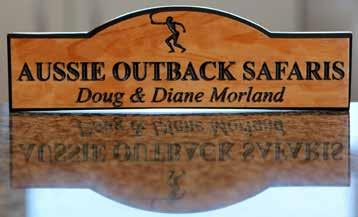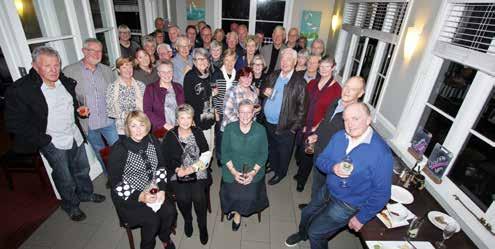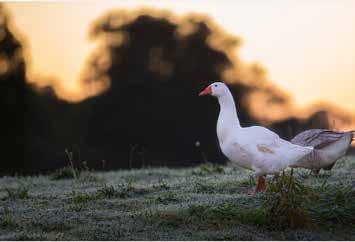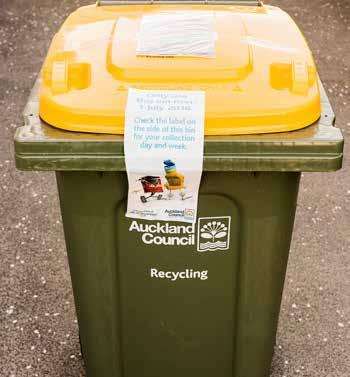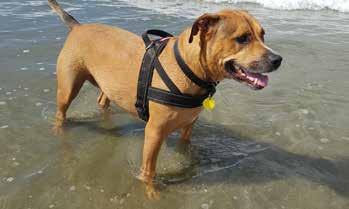theMillwatermag
ROMEOs / ROWENAs Mid-Winter Soirée Last month, 43 of the combined Millwater ROMEOs and ROWENAs got together for a great social evening at The Wade Tavern in Silverdale. Organisation of the evening was shared between both groups and The Wade produced an excellent variety of delicious finger-food platters. There was a great mix of enjoyable conversation and the ‘gum waving’ was hard to pause for long enough to have a photograph taken. The platters appeared in relays and everyone enjoyed the delicious seafood, Asian, cheese and cold selections.
What had been planned as a 90-minute get-together, starting at 6pm, eventually broke up shortly before 10 p.m. with fond farewells and a unanimous decision to have another soirée later in the year. Despite the large amount of food pro-
vided, and having paid just $10 a head, there was a profit of $55.30 on the evening, which we agreed to donate to the Silverdale branch of St John. The evening was again proof that Millwater is a superb place to live and share great friendships.
A ‘hard core’ of 12 ROMEOs and ROWENAs stayed behind to enjoy more from The Wade’s extensive menu; three having a full dinner and the remainder settling for pudding and excellent coffee to supplement the earlier finger food.
Dyspraxia or Childhood Apraxia of Speech Simplifies words by replacing difficult sounds with easier ones or by deleting difficult sounds (although all children do this, it occurs more often and for longer in children with Dyspraxia) An older child: Makes inconsistent sound errors that are not the result of immaturity Can understand language much better than they can talk Has difficulty imitating speech, but imitated speech is still clearer than spontaneous speech
Dyspraxia is a motor speech disorder where children have difficulty saying sounds, syllables and words. This difficulty is not due to a paralysis or muscle weakness but is because the brain has difficulty planning the movements needed for speech. The child knows what they want to say but finds it difficult to co-ordinate the various muscles required for speech to control voicing, nasality and correct placement of the tongue. Not all children with Dyspraxia will have the same signs and symptoms, but there are a few general things to look out for: A young child: Does not babble or coo much as an infant First words are late and may be missing sounds
May appear to be groping when attempting to produce sounds purposely Has more difficulty saying longer phrases than shorter ones Anxiety will increase speech difficulties Is hard to understand, especially to an unfamiliar listener Children with Dyspraxia can also have other difficulties, such as delayed language development, word order confusions and fine motor co-ordination problems, as well as reading, writing and spelling problems. Early intervention is of utmost importance, as children do not “outgrow” Dyspraxia. These children do not follow typical patterns and will not learn new speech sounds spontaneously, but with treatment significant progress can be made.
The child only uses a few different consonant and vowel sounds Difficulty combining sounds- may have long pauses between sounds
Tanya Collett 09 421 1337 • 021 949539 www.hearsay.co.nz







